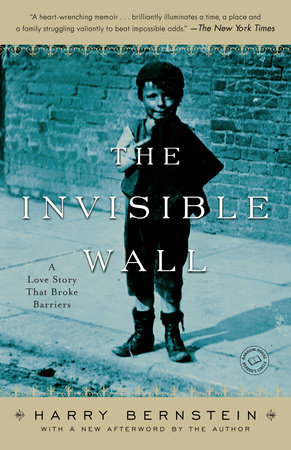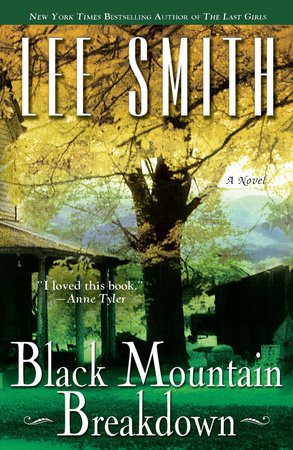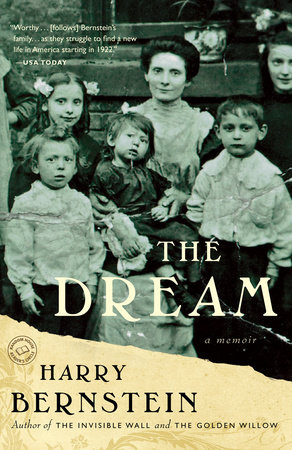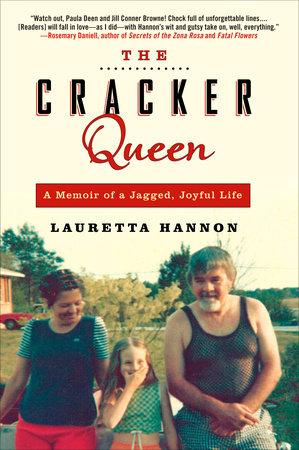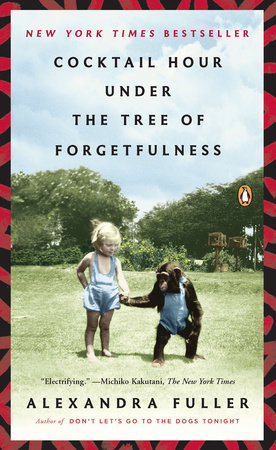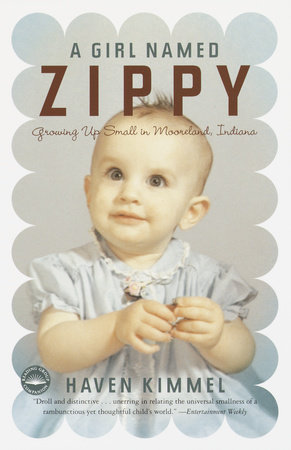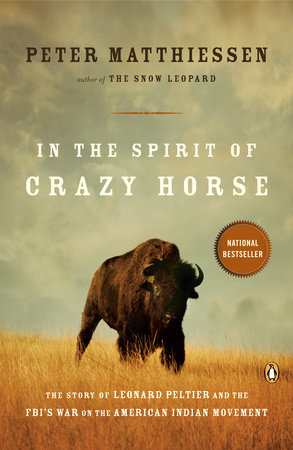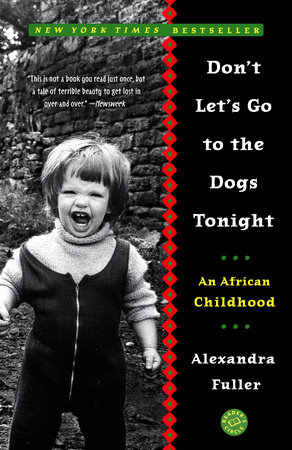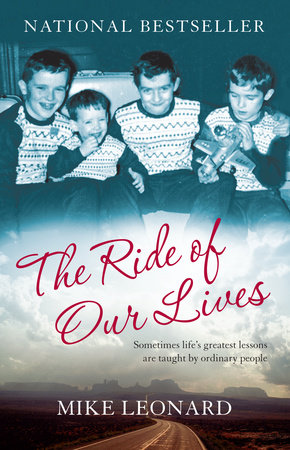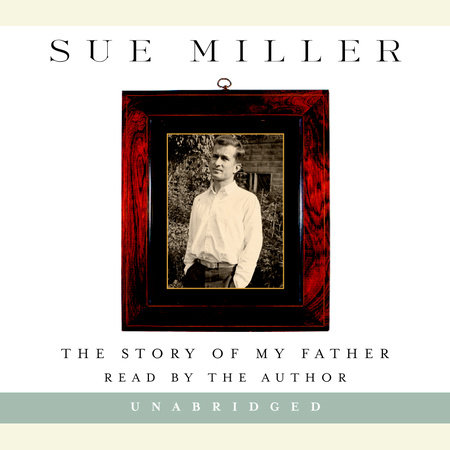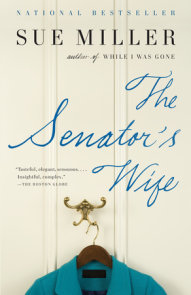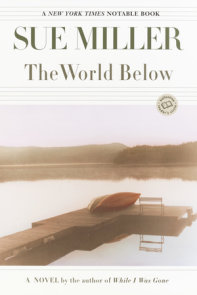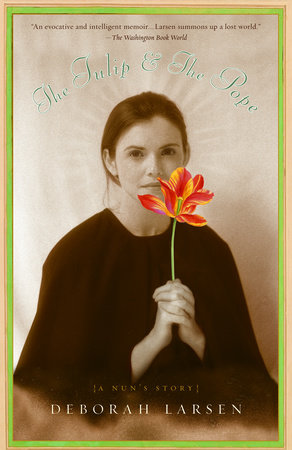Author Q&A
A Conversation with Sue Miller
Q: This is by far the most personal work you’ve written to date. Was it difficult to reveal your family to your readers?
A: I did feel some sense of responsibility about what I revealed about my family in this book. I tried to be very careful of those members of my family, mostly my siblings, who are still alive — not to write anything which might wound one of them. I think there are things in the book which may, not because of the way they are presented, but rather that they are painful facts. I felt comfortable writing about my father because I thought he would have liked my making some use for other people out of his illness.
Q: Did you consider weaving elements of your father’s life into a novel or short story instead of writing a nonfiction book about him?
A: In fact, I have woven elements of my father’s life—and the lives of almost everyone I know! — into my fiction. I’ve even woven elements of his illness and the events that happened during his illness into my fiction. There’s a section of THE DISTINGUISHED GUEST which I mention in the memoir in which I refer, fictionally, to the way he tore up all his letters to and from my mother. And in FOR LOVE I wrote a passage about my main character’s taking dictation for a letter to herself from her mother, something which also happened to me and my father. There are no doubt others which aren’t so closely imitative of life, and which I’m less conscious of.
Q: Your novels are beloved for their seamless and intertwined storylines. Was it difficult to find the narrative thread necessary to tell a real life story?
A: I would be pleased if what you say is true. And certainly one of the great difficulties for me in writing this book was structuring it. I threw away more than I kept, and I reordered everything I kept many times over. In the end, the book moves generally chronologically, but it stops and turns many times to look at issues raised by events going on; or history outside the chronology connected to other events. It took me literally years to figure out how I wanted to do this.
Q: Your parents were very dramatic people. Please tell us a little about them and their influence on your writing.
A: My mother was dramatic. My father was quiet and gentle, a little dry, certainly primarily intellectual. They made a dramatic contrast, though, and one I think everyone in my family was aware of. Both of them were wonderful writers, exacting and careful with language in very different ways. Both of them were passionate readers. Both believed in the power of language to move and console and redeem the listener, the reader. All of that was a gift to me as a writer.
Q: When you pieced together memories of your father, did you discover parts of him you’d forgotten or perhaps had never known?
A: A good deal of the book, particularly the last passages of the book, are taken up with this idea, that it is possible to go on learning about someone who has died, to change the way you understand them even after death. That this is one of the ways we continue to be connected to those we love.
Q: When did you first realize that your father was ill? How long did it take to diagnose his illness as Alzheimer’s disease?
A: I think I had a sense fairly soon after my mother’s death in 1979 that something was powerfully wrong with my father. He was sixty-five then, and Alzheimer’s disease wasn’t the first thing I thought of—in fact, depression was. But over time it seemed clear that some degenerative process was at work in him. He wasn’t diagnosed, though, until 1986. This was mostly because it wasn’t until then that he moved near enough to one of us—my sister, at that point—for her to take charge of seeking a diagnosis. Before then, he’d been in charge of his own medical care, and it seemed he didn’t ask about his failures in a way that could have led to being tested.
Q: What aspect of caring for your father was most difficult?
A: There was no aspect that wasn’t difficult, as everything was colored by the illness, even idle moments, even small decisions—to say nothing of large ones. But there were many moments too which were genuinely pleasurable, even towards the end.
Q: Did you ever have a moment when you thought you couldn’t handle the responsibility of caring for him?
A: No. There were moments when I wished I didn’t have to, moments when I didn’t think I was doing a good job. But I never thought I couldn’t do it.
Q: Your father was a minister. What role did his spirituality play as the disease progressed?
A: This is hard for me to know, exactly. I think early on it helped him enormously to accept that he was ill, and to accept the changes in his life we had to make because of his illness. I’m not sure what it consisted in as he grew more demented—whether you could have said he was still a Christian, for instance. Or a believer, in anything like the way he’d once been. Whether he felt the presence of God, as he’d been sure he did earlier in his life. But he could always be comforted by the language of religion, by prayer in a familiar form, by passages from the Bible read aloud. By hymns. There seemed to be something which stilled him and brought him peace in all of that.
Q: Do you worry that one day your son may have to care for you in the same way?
A: Of course.
Q: Do you also wonder how he’ll remember you?
A: I don’t, really. I feel that my son knows me well—I would say, that he understands me, in most ways. I don’t know what changes age may bring to me, and certainly it seems entirely possible that I might eventually end up being changed profoundly, in the way my father was. What my son may make of that, if it happens, will be part of who he is and has become, as well as part of who I am and have been with him.
Q: Like your novels, there are many levels to this book. It seemed a journey for you, but also a tribute to your father. Do you think you wrote the book more for yourself, or for your father?
A: I think that moved and shifted, more than several times, as I worked through the writing of the book. In the end, I suppose, I think that every book a writer writes, she writes for herself. But I was aware of hoping, as I finished the final revision, that it was a book my father would have liked, would have seen a justification for.
Q: Are you working on a new novel?
A: I am. Though I’ve been slow to turn to it.



